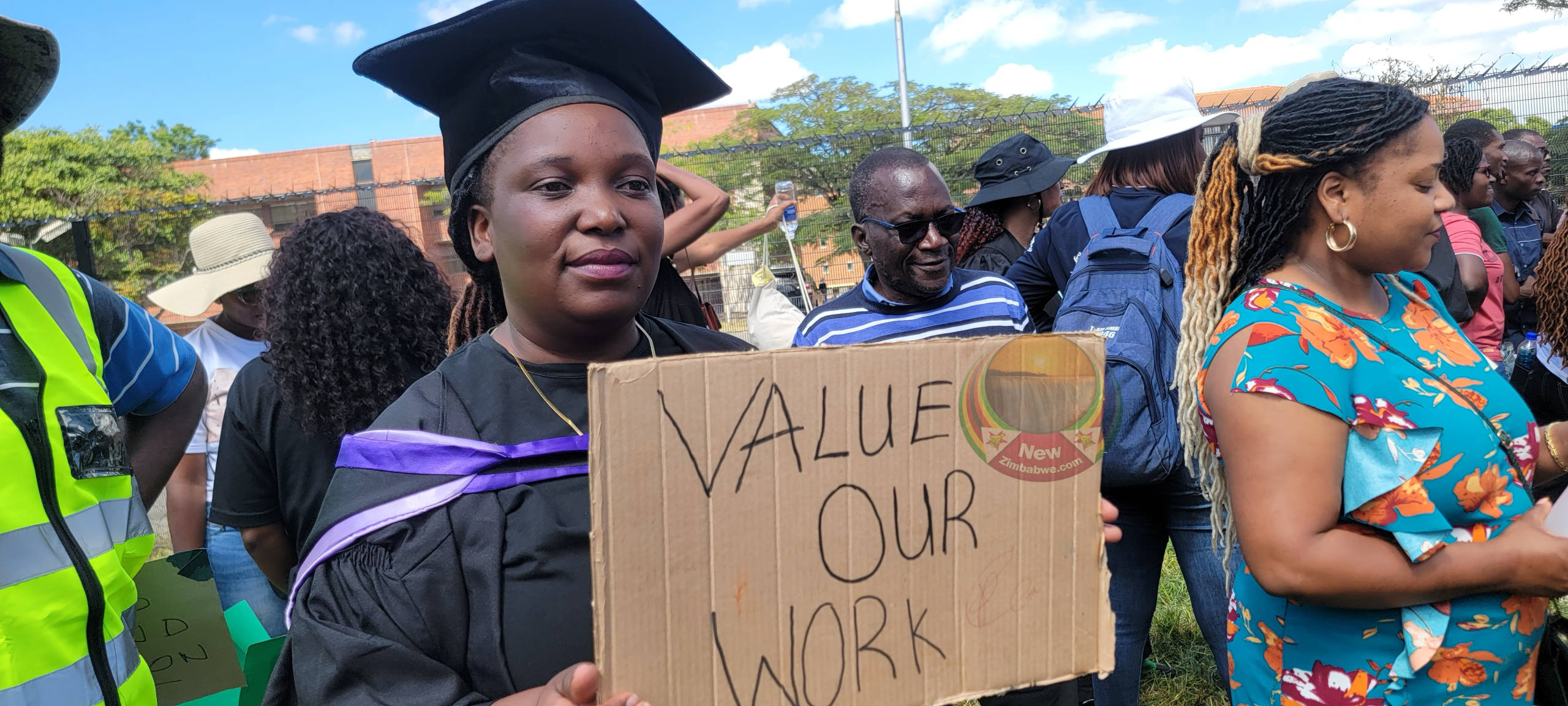By Miriam Tose Majome ELECTIONS are prone to be disputed. Electoral petitions to challenge any part of the election process are allowed in terms of the Electoral Act. There are also criminal remedies if there has been a breach of electoral laws.
The Electoral Court was established in terms of section 161 of the Electoral Act. Judges of the High Court hear and determine cases assisted by one or two qualified assessors in an advisory capacity.
The Electoral Court has exclusive jurisdiction to hear appeals, applications and petitions and to review decisions made by the Zimbabwe Electoral Commission and all decisions made in terms of the Act.
The Electoral Court deals with all electoral challenges from nominations, voter and candidate conduct, media coverage, electoral fraud, intimidation and political violence. Judgments of the Electoral Court have the same effect and force as the High Court.
Petitions are lodged by candidates disgruntled over any component of the electoral process. Electoral irregularities are many and varied and include malpractices like intimidation, inciting violence, electoral fraud, poll misconduct, vote-buying etc.
The timeframe to lodge petitions is very limited. Petitions must be filed within 14 days of the conclusion of an election, otherwise they cannot be entertained. The court is supposed to conclude them within three months.
Keep Reading
- Chamisa under fire over US$120K donation
- Mavhunga puts DeMbare into Chibuku quarterfinals
- Pension funds bet on Cabora Bassa oilfields
- Councils defy govt fire tender directive
It is incumbent upon petitioners to be diligent so that they do not submit the petition late and miss the deadline. They might also adopt a wrong procedure in filing the petition and this will impede the success of the petition.
In the 2018 elections, Zec erroneously declared Dexter Nduna the winner of the Chegutu West seat. The rival contestant Gift Konjana disputed this and demanded a recount. The recount showed that Konjana was the winner and Nduna had lost.
Unfortunately Zec had already declared Nduna the winner. Zec cannot overturn its own declarations. Only the Electoral court can overturn announced results. However, for a series of technical reasons the petition did not succeed so Nduna, the losing candidate, has remained the Member of Parliament for the Chegutu West constituency since 2018 and shall serve the full term up to 2023. Konjana took it all the way to the Supreme Court.
In the Konjana vs Nduna case, Patel J ruled that Konjana’s petition could not succeed because he had failed to abide by court rules. He noted the petition in casu was lodged with the Electoral Court on August 10, 2018.
It was determined and dismissed by the court a quo on October 18, 2018, not on the merits but on a preliminary point relating to non-compliance with the electoral rules. The present appeal was lodged on November 2, 2018.
The appellant’s heads of argument on the merits were filed four months later on March 7, 2019 and the respondent’s preliminary objections were noted on April 12, 2019.
The appeal was first set down for hearing on May 24, 2019 and then later reset to be heard on July 29, 2019. In terms of section 182(2) of the Electoral Act, this appeal should have been determined within three months of its having been lodged, ie by February 2, 2019, a month before the appellant filed his heads of argument.
For whatever reasons, Konjana was not as diligent as he was required to be.
The petitioner is required to pay a security deposit within seven days which is determined by the Registrar of the High Court. The security deposit serves as a guarantee to the other party’s legal costs.
The deposit also pays costs incurred by witnesses called to testify in court. It also serves to sieve out chancers who will have lost the election and just failing to accept the loss for no provable reason. It leaves petitioners who are serious about pursuing their case. The respondent must be served with the petition and given adequate time to respond to the charges and allegations within the timeframe allowed by the court rules.
The petition is heard in an open court. The petitioner is expected to provide sufficient evidence of the alleged electoral irregularities that will justify overturning the declared result.
Upon hearing all the parties and assessing the evidence before it, the court can make only one of two decisions. It can decide to uphold the election results and the appointment of the elected candidate or it can overturn the election results altogether.
If the election is overturned, the court will cause the pronouncement of the seat as vacant.
On the other hand, the court can also cause the declaration of the petitioner as the duly elected member of the seat.
The Electoral Court will inform the commission and the President of the Senate and the Speaker of the National Assembly of the decision to overturn the result.
The petitioner is then declared as having been elected into the disputed seat. If the court does not appoint the petitioner to replace the respondent, it will cause the seat to be declared vacant.
The determination is communicated to the Speaker of the National Assembly and President of the Senate and there will have to be a by-election to fill the vacant seat.





